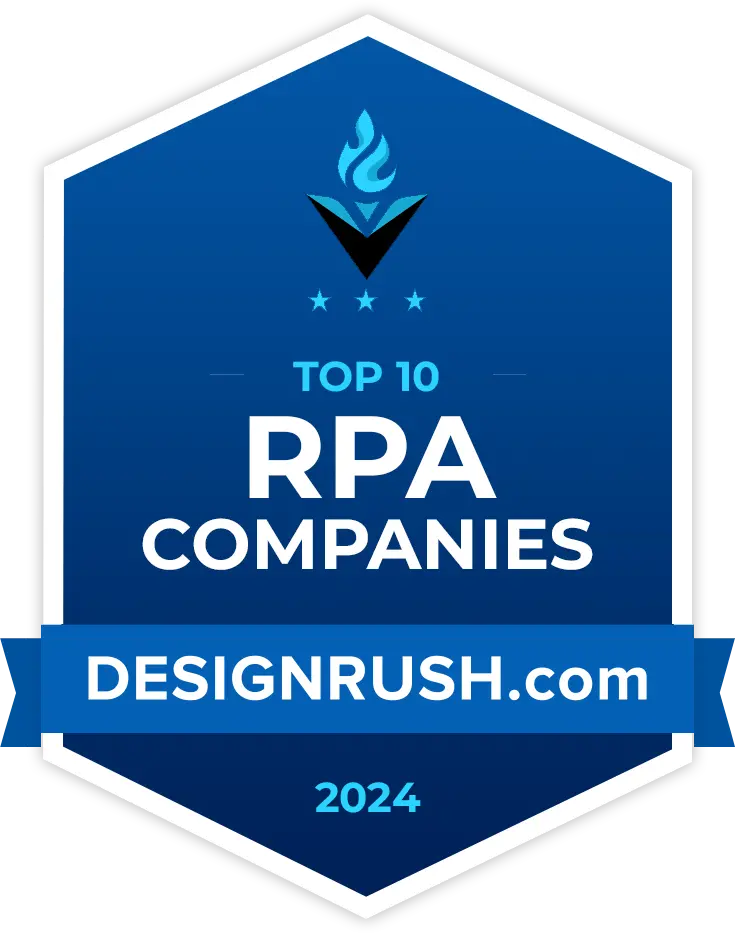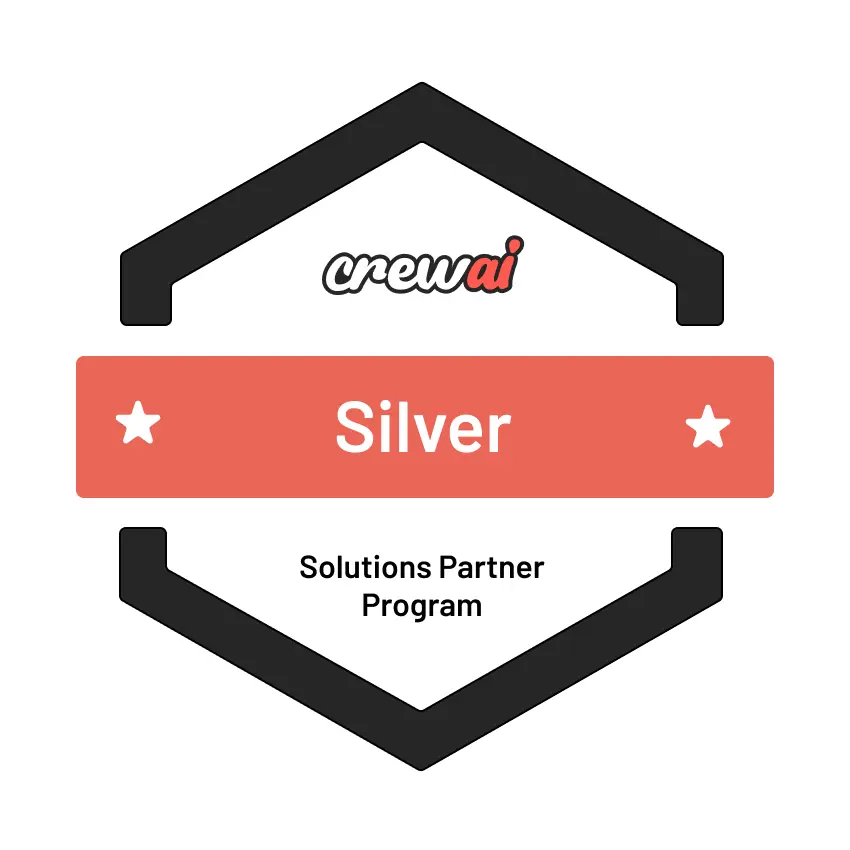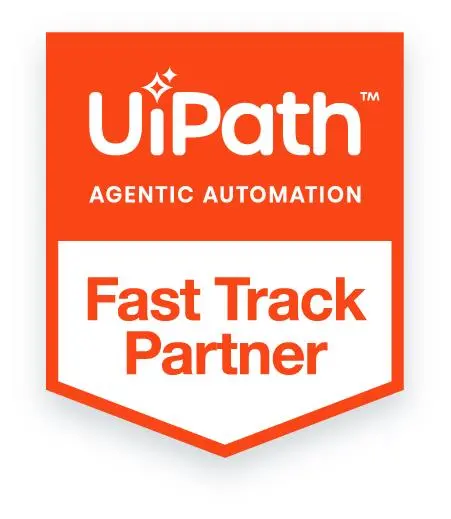Webinar:
Revolutionizing Enterprise Automation: From RPA to Agentic AIRegister to Watch
In Canada, community health programs often rely on field workers who interact directly with populations, collecting invaluable observations about community concerns, trends, and needs. These interactions produce a wealth of unstructured data, yet analyzing it effectively for actionable insights has historically posed challenges. Auxiliobits stepped in to streamline and elevate this data analysis process, enabling the organization to make data-driven decisions more effectively and precisely.
Field workers collected observations in unstructured formats, logged within SharePoint lists and other structured databases. However, with thousands of entries, recognizing trends and patterns—especially those nuanced by socio-demographic details—was arduous and time-consuming when handled manually.
These obstacles prevented healthcare providers from anticipating community needs in real-time, potentially delaying response measures for emerging health concerns. The organization needed an AI-driven solution that could process vast, unstructured data volumes, identify hidden patterns, and yield insightful visualizations for decision-makers.
Auxiliobits deployed a generative AI and data analytics solution tailored to handle both structured and unstructured data. This solution transformed the organization’s approach to data, facilitating the discovery of actionable insights and enabling deeper understanding of population health trends.
The solution’s functionality and technical details were as follows:
Auxiliobits’ solution extracted trends from field observations in SharePoint and other large datasets, capturing insights critical to the community health program. By employing generative AI, it became possible to analyze unstructured data entries to reveal hidden patterns across demographics, assisting in more targeted health interventions.

Auxiliobits’ generative AI solution demonstrated the potential of advanced AI-driven analytics in transforming unstructured data into valuable insights. This solution empowered the Canadian community health program to leverage data in ways previously unattainable, ultimately improving service delivery and response times. Through its expertise in Agentic Process Automation, Auxiliobits remains committed to helping organizations extract actionable insights from complex data sets, ensuring smarter, data-driven decision-making across sectors.




Follow Us


